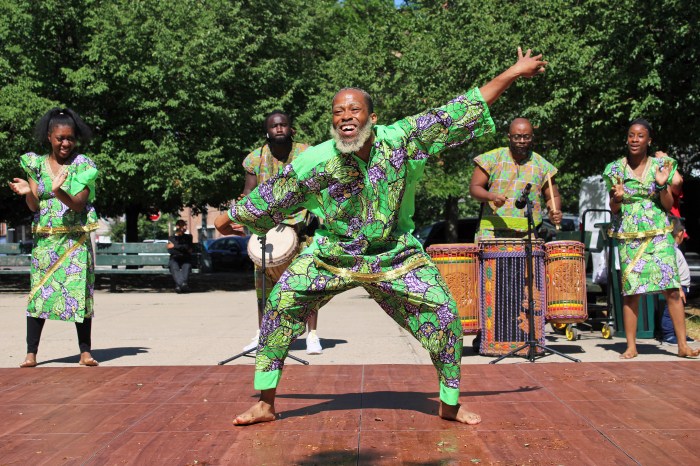When the weather outside is frightful, keep bundled up and warm this winter because heart attacks are more likely to happen.
A study conducted by the Cardiovascular Thrombosis Research Centre at the University of Massachusetts found within a total of 259,894 cases of heart attacks, about 102,725 cases were reported in the spring, while about 157,169 cases were reported in the winter. That’s an approximate 53 per cent increase in the colder months.
Dr. Milan Gupta, a cardiologist at the William Osler Health Centre in Brampton, says this happens for many reasons.
“One is simply the cold weather,” he says. “The cold temperature increases blood pressure, which increases heart rate and increases inflammation in the body. All of these things indirectly increase the rate of heart attack.”
A change in lifestyle, such as less physical activity, eating richer foods, more drinking, more smoking and weight gain during the holiday season also contribute.
One of the major causes for increased heart attacks is snow shovelling, says Gupta.
Dr. Rakesh Bhargava, the director of Heart Care Research Coronary Prevention and Rehab Program in Oshawa, says it’s the reason many experience their first heart attack.
“Basically people with a sedentary lifestyle are not used to doing sudden, big physical exertion, such as shovelling snow,” says Bhargava. “There are some symptoms that are ignored and they think they don’t need to worry about it.”
Also, many people don’t know the symptoms of heart trouble, he says. If a person is feeling heaviness or pressure in the chest, shortness of breath, sweating or nausea, these are symptoms of Angina, a precursor to a heart attack.
“Some people don’t take a rest and symptoms become much more intensified,” explains Bhargava. “If it lasts longer than 20 minutes, it can lead to a heart attack.”
A heart attack is when there’s more severe pain or discomfort in the chest, as well as more intensity in the previous symptoms.
For those with high blood pressure, he suggests checking with a doctor before going out to shovel snow.
Those with known heart disease should also see a doctor first and ask for a treadmill stress test to measure their blood pressure, especially if they’ve experienced a heart attack within the last three months.
To avoid heart attacks, Gupta suggests having a sense of what your heart risk is, maintaining a healthy diet — indulging a little, but not going overboard — and staying active year-round. “Heart disease is preventable whether you’re 15 years old or 70 years old, it’s not too late,” he says. “Through identification of risk factors and appropriate management, we can prevent the vast majority of heart attacks in this country.”
Shovelling tips
• Avoid caffeine or smoking before and while shovelling, keep well hydrated, dress warmly, pace yourself and listen to your body symptoms, advises Dr. Rakesh Bhargava, the director of Heart Care Research Coronary Prevention and Rehab Program in Oshawa.
• He also recommends people dress in layers, covering their neck and upper chest and wearing a scarf to cover the nose, just like skiers do.





















